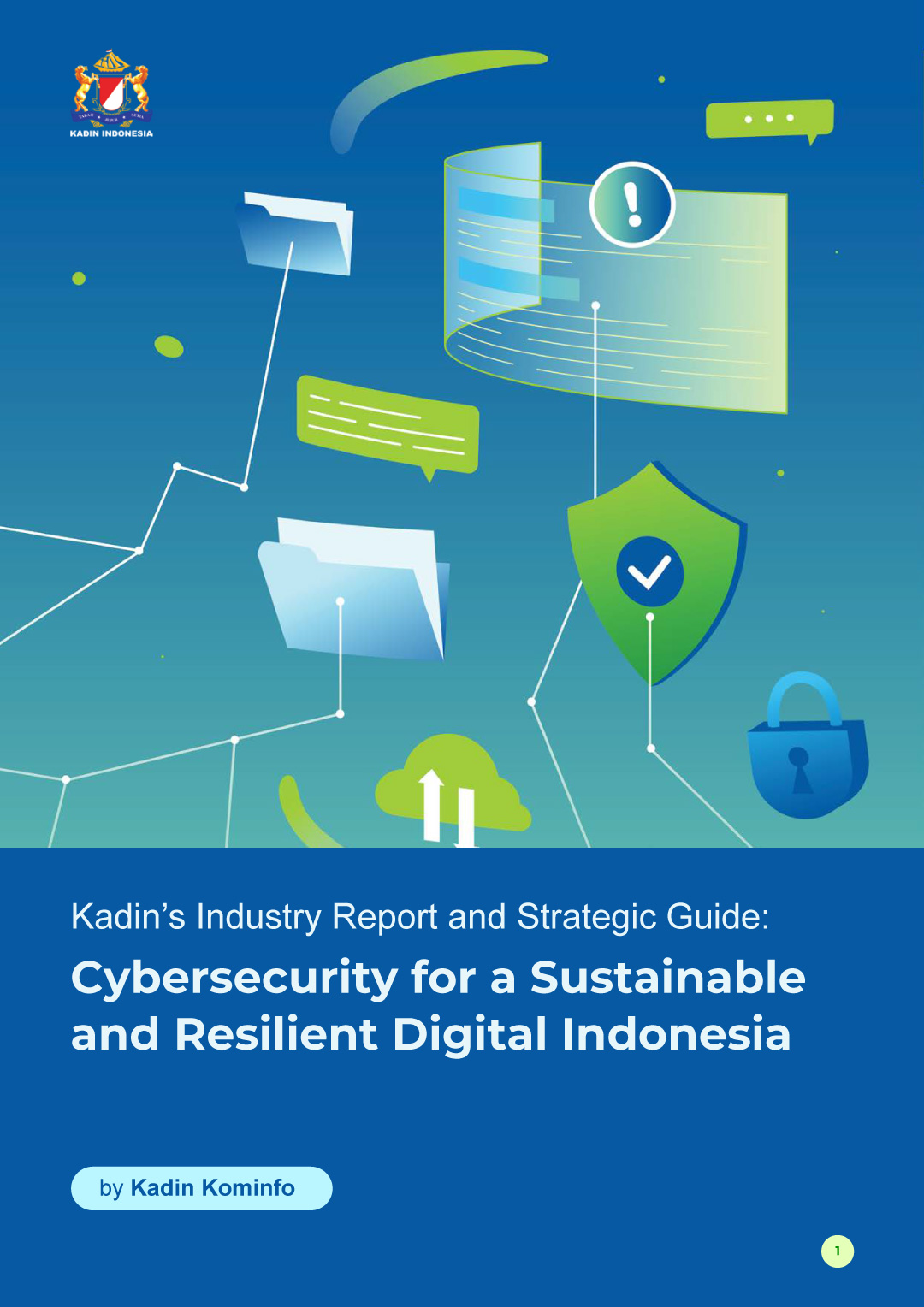Shifts in U.S. De Minimis Disrupt Global E-Commerce

On February 7, President Donald Trump paused the suspension of the de minimis exception, which allows parcels below USD 800 in value to bypass customs inspections and duties when entering the United States. The de minimis rule has been instrumental in facilitating the growth of e-commerce by enabling retailers to ship low-value items directly to consumers with minimal friction. A congressional research report found that in 2022, more than 80% of all U.S. e-commerce shipments relied on de minimis. This heavy dependence underscores the far-reaching impact of the policy change, compelling businesses to explore alternative logistics strategies to mitigate disruptions.
President Trump’s recent pronouncements have created widespread uncertainty in the e-commerce sector, particularly among retailers, shippers, and logistics providers all scrambling to figure out how to comply. Many retailers suspended air freight deliveries while U.S. Customs and Border Protection and United States Postal Service faced significant delays on millions of shipments requiring detailed declarations.
A suspension of the de minimis exemption under President Trump’s trade policy surfaces new challenges for international trade, affecting businesses and consumers alike through increased costs and potential delays. Initially aimed at curbing illicit imports, the abrupt policy shift forces businesses to reassess trade logistics. In response, many e-commerce companies are diversifying their supply chains, expanding inventory storage in the United States, and onboarding suppliers from regions like Brazil and Turkey. In Southeast Asia, such policies can affect trade dynamics through shifting patterns, supply chain adjustments, and regional competition.










